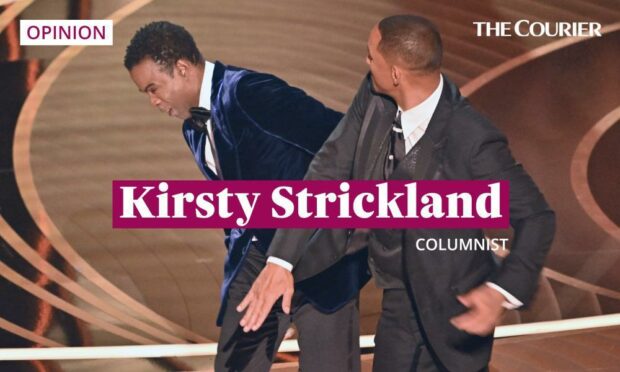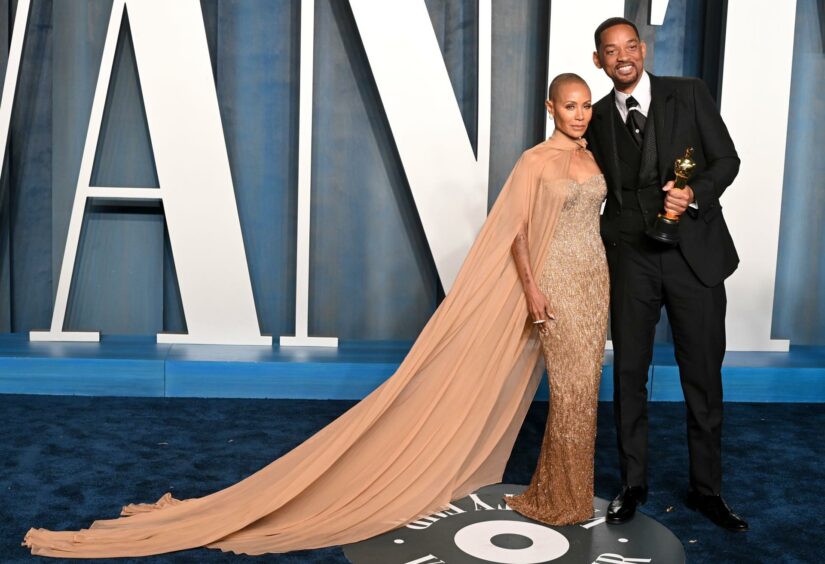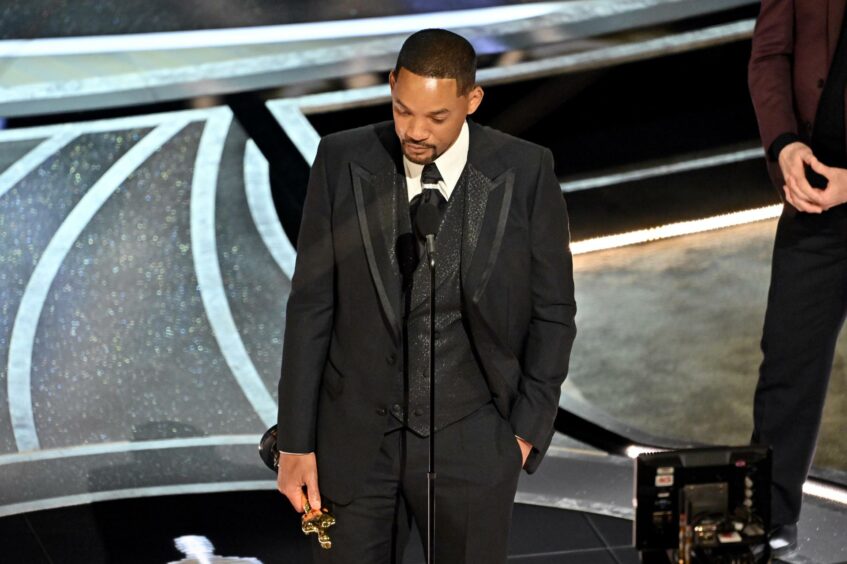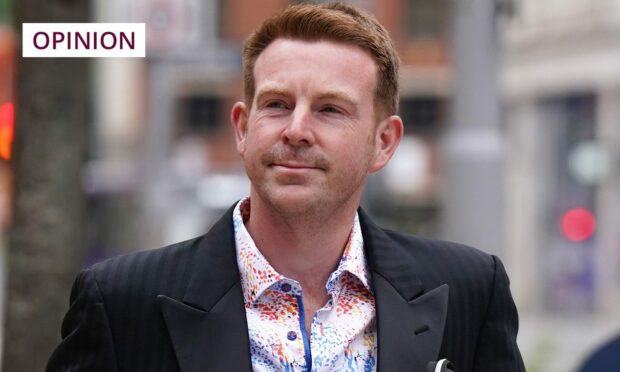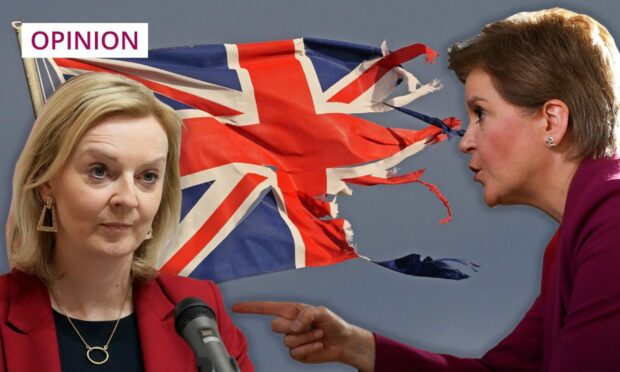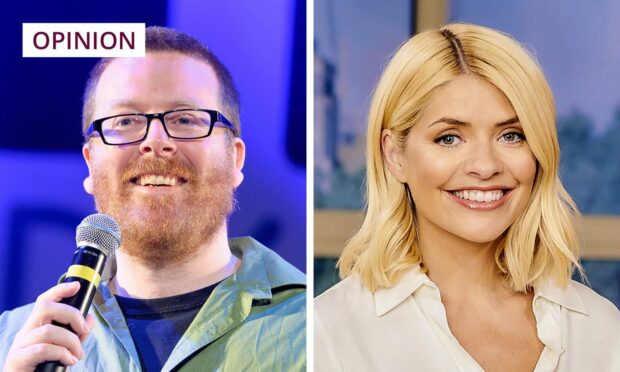At the Oscars on Sunday, Will Smith managed to overshadow his own long-awaited Best Actor win by storming the stage and slapping comedian Chris Rock.
The equivalent for an ordinary person would be getting a promotion at work and celebrating by distributing photocopies of your bum to your colleagues.
The explosive moment came after the evening’s host, Chris Rock, made a ‘G.I. Jane’ joke about Jada Pinkett Smith.
The actor and wife of Will Smith suffers from an autoimmune disorder that causes hair loss.
She has spoken publicly about her condition and how it affects her. And she looked understandably uncomfortable as the comedian turned her health issues into a punchline.

It was cruel and distasteful.
But it is Will Smith’s reaction to that joke that everybody is talking about now.
Mixed response to Will Smith violence
Initially, the slap appeared staged. You can tell by the nervous laughter of the audience that they weren’t quite sure if what they were watching was real or one of those weird skits that Americans seem to enjoy so much.
The immediate aftermath proved otherwise, as Will Smith angrily heckled the comedian to ‘’keep my wife’s name out your f****** mouth.’’
On social media, reaction to the incident was mixed.
Some heaped praise on Will Smith for defending his wife. Others said he should be arrested for assault.
Most were in agreement that Chris Rock’s words were hurtful and unkind.
There is also a particular cruelty in making a Black woman’s hair and health the butt of a joke to the laughter and applause of a mostly white audience.
But however upset Will Smith must have felt at seeing his wife disrespected in such a public way, he shouldn’t have resorted to violence.
No word from the joke’s victim
Comedians can be hostile and inflammatory.
In an award show setting, it is common for them to roast their famous audience.
Sometimes it works. Celebrities are often a ridiculous breed and jokes aimed at them work to highlight the absurdity of star status and the reverence they are held in.
Other times, comedians go too far and their jokes are more like a personal attack than a witty or topical observation.
Chris Rock’s joke falls into the latter category.
'I believe whatever he felt that he did, he had the right to do.'
'I had to leave my chair I'll be honest with you, it cut me really deep.'@LiamPayne reacts to the dramatic moment Will Smith hit comedian Chris Rock on stage at the Oscars for making a joke about his wife. pic.twitter.com/OGT4bA8jDi
— Good Morning Britain (@GMB) March 28, 2022
But now, instead of talking about why it was so unpleasant (or forgetting about it altogether) all the attention is on how Will Smith responded to it with violence.
Reaction from women too, has been mixed.
Some have said they would hope their husband would do the same in defence of them.
Others that they would have been mortified if their partner tried to reframe violence as chivalry.
We don’t know what Jada Pinkett Smith’s view is because, while we discuss the words and actions of the two men involved in the incident, the woman most affected by it has thus far not made any comment.
‘At your highest moment, be careful. That’s when the devil comes for you’
Will Smith is one of the most famous actors on the planet.
He is immensely talented, likeable and down to earth.
Will is, whether he likes it or not, a role model.
His actions at the Oscars on Sunday were not a good example to the boys and young men who look up to him.
Violence is not a justifiable response to a joke – however horrible and hurtful that joke is.
During his tearful acceptance speech after the incident Will Smith apologised to the Academy and his fellow nominees for his behaviour.
Beforehand, superstar Denzel Washington offered the actor wise counsel, which Will Smith went on to share with the audience.
He told him: “At your highest moment, be careful. That’s when the devil comes for you.’’
It’s a reminder to stay humble at those times when ego threatens to take over.
I, for one, will bear this is mind the next time I feel smug about timing my big shop to coincide with the yellow-stickered reductions being put out.
Sorry Will Smith – love is no excuse for violence
While the players in this saga are megastars and the arena it was staged in was an iconic event, the incident itself is actually quite relatable.
Macho posturing, bad choices, regret and humiliation are not new concepts.
It’s just rare to watch them play out on live television.
If we accept that Will Smith’s tears and apology are genuine, then he must be feeling the emotional hangover from hell today.
Although his self-justifying statement that “love makes us do crazy things’’ suggests he needs to do more reflection on what actually drove him onto that stage and on to the front pages for all the wrong reasons.
Love is a powerful force. But it is not so powerful that it can be used to explain away or excuse behaving as he did.
At the pinnacle of his career – a moment that he has surely dreamed of and imagined for many years – Will Smith self-destructed in front of an audience of millions.
It was a terrible waste of what should have been a moment of glory and celebration.
But I’d suggest that any sympathy we might have should be saved for Jada Pinkett Smith.
